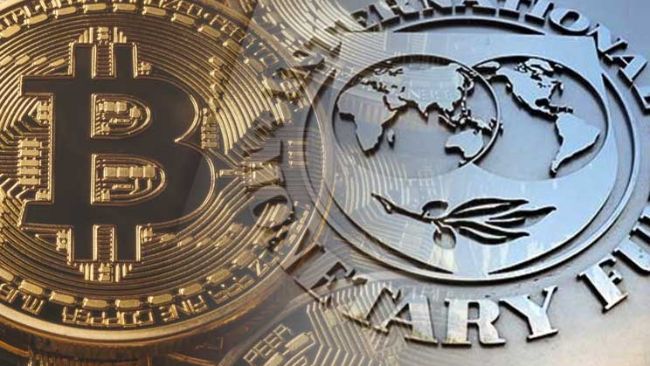The proposal to offer subsidized electricity to crypto miners in Pakistan has been met with opposition from the International Monetary Fund (IMF). The IMF has expressed concerns that providing lower tariffs to energy-intensive industries like crypto mining could strain the country’s already fragile power grid.
Secretary Power Dr. Fakhray Alam Irfan proposed utilizing idle electricity during off-peak hours to support crypto mining and data centers. However, the IMF has rejected this proposal, citing their stance against targeted subsidies. The plan is now under review by the World Bank and other development partners to assess its fiscal and energy implications.
One of the major challenges facing the crypto industry in Pakistan is the lack of regulatory clarity. The IMF has raised compliance concerns due to the ongoing ambiguity surrounding cryptocurrency regulations in the country. The State Bank of Pakistan has issued warnings against crypto use, while the Finance Ministry has yet to establish a comprehensive regulatory framework.
The IMF’s resistance to the subsidy proposal has delayed Pakistan’s efforts to attract international crypto firms and develop its digital economy. The country’s plans to leverage cheap electricity to drive economic growth and generate alternative revenue streams have been put on hold.
In addition to the regulatory challenges, Pakistan is also grappling with circular debt in its power sector. The recent settlement of Rs. 1.275 trillion in circular debt has raised questions about the underlying inefficiencies and mismanagement within the industry. Despite the debt restructuring, continued load shedding and allegations of corruption persist.
To address inefficiencies and improve transparency, the government is implementing energy subsidies and anti-theft technologies. Donor organizations, including the IMF, support targeted subsidies and the use of smart meters and digital billing systems to reduce losses in the energy sector.
While Pakistan has sought to leverage its energy surplus to support crypto mining and digital infrastructure, the IMF’s concerns highlight the need for long-term structural reforms. The country’s push for short-term revenue generation must be balanced with efforts to address systemic challenges and improve sustainability in the energy sector.

